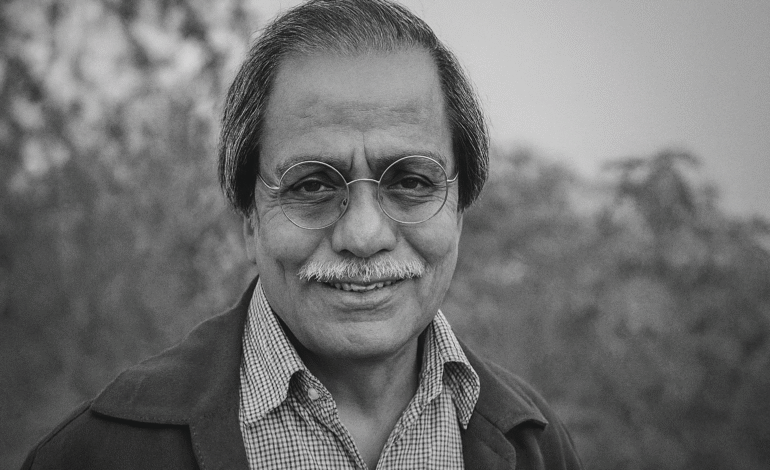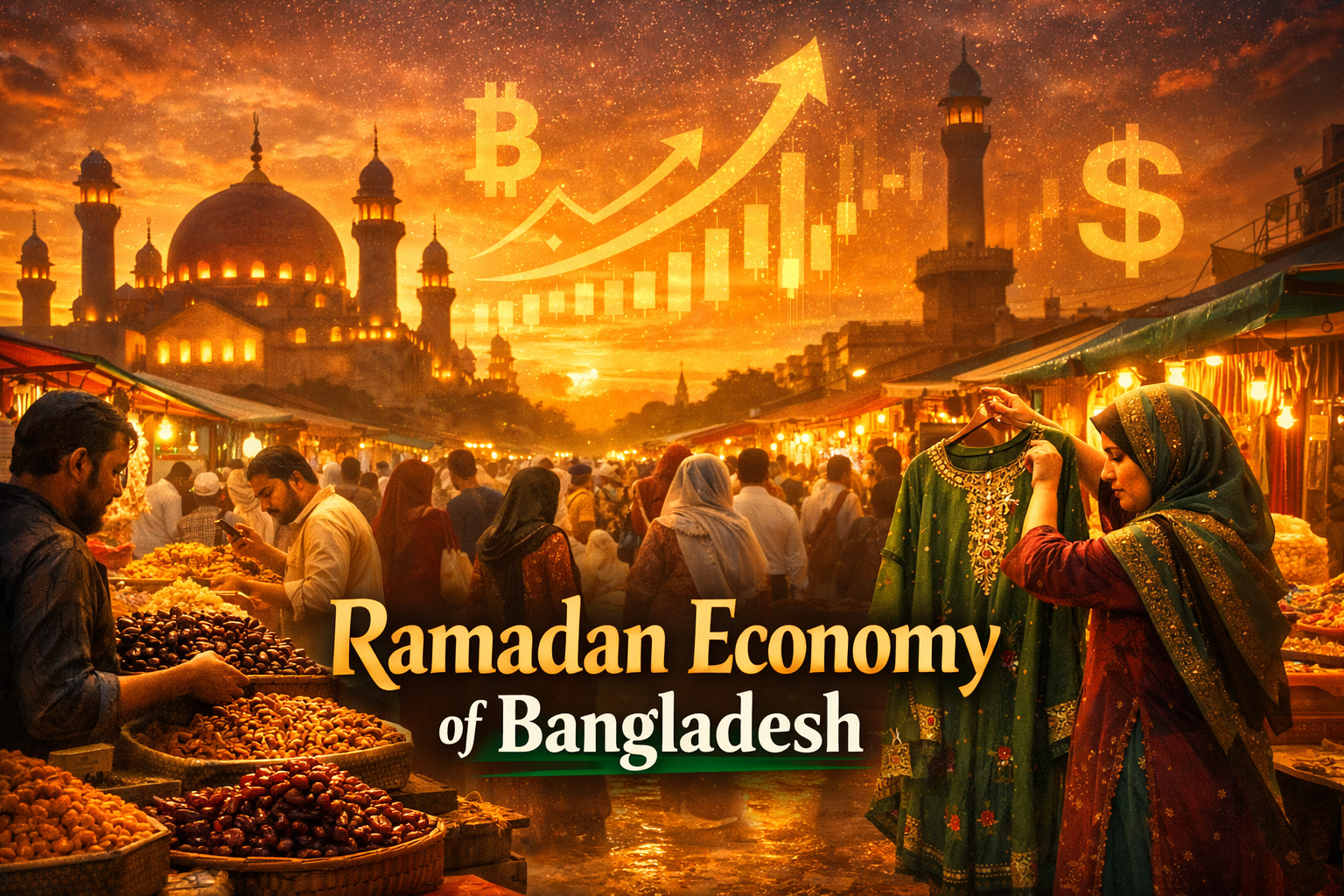Syed Manzoorul Islam: Remembering Bangladesh’s Literary Visionary

Celebrating the Life and Legacy of Syed Manzoorul Islam
Syed Manzoorul Islam, one of Bangladesh’s most distinguished writers, academics, and intellectuals, passed away on October 10, 2025, in Dhaka at the age of 74. His death marks the end of an era for Bangladeshi literature, higher education, and cultural thought. A professor, critic, fiction writer, and visionary thinker, Syed Manzoorul Islam leaves behind a legacy that spans classrooms, literary pages, and generations of students who were shaped by his wisdom and humanism.
A Life Rooted in Knowledge and Reflection
Born on January 18, 1951, in Sylhet, Syed Manzoorul Islam grew up during a time of political and cultural change that would later influence his writings. After completing his early education at Sylhet Government Pilot High School and MC College, he pursued higher studies in English literature at the University of Dhaka, earning both his BA Honours and MA in the early 1970s.
His passion for literary analysis and critical thought led him abroad, where he completed his PhD at Queen’s University in Canada in 1981. His doctoral research focused on Emanuel Swedenborg’s philosophy in the poetry of W.B. Yeats — a topic that reflected his lifelong interest in the intersection between mysticism, art, and literature.
Academic Contributions and Teaching Excellence
For over four decades, Syed Manzoorul Islam was a revered name in Bangladesh’s academic community. He taught at the University of Dhaka’s Department of English, where his lectures on literary theory, modernism, and postcolonial thought inspired countless students. Later, he joined ULAB (University of Liberal Arts Bangladesh) and BRAC University as a professor, continuing to shape young minds with his intellect and empathy.
He also served as a Professor Emeritus at the University of Dhaka and was a trustee of the Centre for Policy Dialogue (CPD), contributing to national conversations on education and reform. His teaching philosophy emphasized independent thinking, creativity, and moral responsibility — principles that reflected his broader vision of education as a tool for enlightenment and social change.
Literary Achievements and Thematic Brilliance
Beyond academia, Syed Manzoorul Islam was one of the leading voices in Bangladeshi literature. His short stories and novels are celebrated for their depth, wit, and blending of realism with imagination. His most acclaimed work, Prem O Prarthanar Golpo (Tales of Love and Prayer), won the Prothom Alo Book of the Year Award in 2005 and remains a classic in modern Bangla fiction.
Other notable works include Kach Bhanga Rater Golpo, Thaka Na Thakar Golpo, Andhakar O Alo Dekhar Golpo, Ajgubi Rat, and Adhkhana Manushyo. His stories often explored the spiritual and psychological dimensions of human experience, while subtly critiquing social injustices and moral hypocrisy.
As a literary critic, Syed Manzoorul Islam offered sharp and insightful commentary on writers such as Kazi Nazrul Islam, Shamsur Rahman, and Michael Madhusudan Dutt. His essays on postcolonial identity and cultural politics positioned him as one of Bangladesh’s foremost literary theorists.
Awards and Recognition
Over his distinguished career, Syed Manzoorul Islam received numerous accolades. He was awarded the Bangla Academy Literary Award in 1996 for his contributions to fiction and literary criticism, and later, the Ekushey Padak in 2018 — one of the nation’s highest civilian honors.
His achievements also extended internationally, as his essays and short stories were published in literary journals and anthologies around the world. Through his writing, Syed Manzoorul Islam built bridges between Bangla literature and global literary discourse.
A Public Intellectual and Cultural Leader
In addition to being an academic and author, Syed Manzoorul Islam was a respected public intellectual and social commentator. He frequently wrote newspaper columns on education, politics, and ethics, emphasizing the need for reform, transparency, and compassion in national institutions.
He served as the President of PEN Bangladesh, promoting freedom of expression and cultural dialogue among writers. His voice was one of conscience and clarity in times of moral confusion — reminding Bangladesh that intellectual courage is as vital as artistic brilliance.
Final Days and Farewell
On October 3, 2025, Syed Manzoorul Islam suffered a severe heart attack and was admitted to Labaid Hospital in Dhaka. Despite undergoing emergency treatment and the insertion of two stents, his condition deteriorated. After several days on life support, he passed away peacefully surrounded by family and well-wishers.
His body was taken to the Central Shaheed Minar, where students, colleagues, and admirers gathered to pay their last respects. Later, he was laid to rest at the Mirpur Martyred Intellectuals’ Graveyard, among the nation’s most cherished thinkers and visionaries.
Legacy and Influence
The passing of Syed Manzoorul Islam leaves a profound void in Bangladesh’s intellectual and cultural life. His work reshaped how readers approached literature — not just as art, but as a moral compass. Through his fiction, he explored questions of love, identity, and existence. Through his essays, he challenged institutions to reflect on integrity and progress.
Generations of students remember him not only as a teacher but as a mentor who listened deeply and encouraged critical thought. His ability to balance intellect with empathy set him apart as a rare figure — a true teacher in every sense.
In literary circles, his writings continue to inspire both established and emerging authors. As Bangladesh’s literary community reflects on his passing, there is consensus that Syed Manzoorul Islam was not just a writer or academic — he was a cultural force who elevated national consciousness.
Remembering a National Treasure
In the broader scope of Bangladeshi history, Syed Manzoorul Islam stands alongside the great thinkers who used knowledge as a form of liberation. His death reminds us of the fragility of life, but his legacy endures — in the books he wrote, the ideas he sparked, and the lives he touched.
As Bangladesh moves forward, the principles he championed — truth, creativity, and compassion — remain more relevant than ever. His words and teachings continue to echo across classrooms and cultural platforms, guiding a new generation of writers and dreamers.
The nation mourns the loss of Syed Manzoorul Islam, yet celebrates a life that was rich with meaning, intellect, and humanity. His contribution to literature, education, and social thought cements his place among Bangladesh’s most revered figures.







